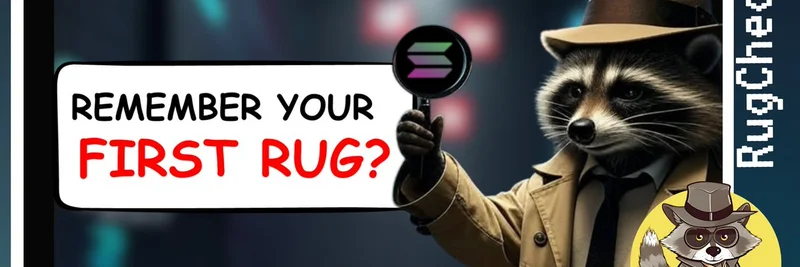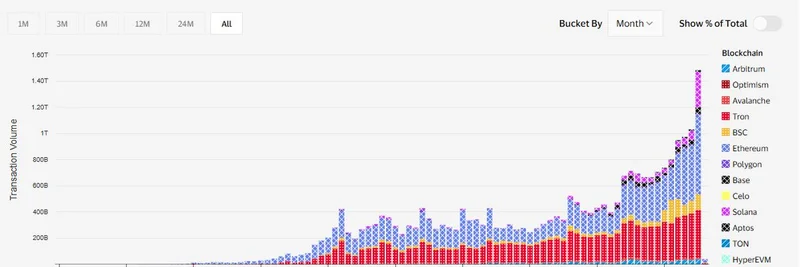A recent tweet from @kashviETH on X highlighted a key moment from "The Rollup" podcast, quoting David Phelps of JokeRace: "everything in crypto originally took off because of privacy." This snippet, shared alongside a screenshot of the live discussion, sparks a deeper look into how zero-knowledge (ZK) proofs are reshaping the rollup landscape in blockchain technology. As meme token enthusiasts and blockchain practitioners, understanding these shifts can help us navigate the evolving world of decentralized finance and community-driven assets.
What Are Rollups and Why Do They Matter?
Rollups are layer 2 (L2) scaling solutions designed to make blockchains like Ethereum faster and cheaper without sacrificing security. Essentially, they "roll up" multiple transactions into a single batch and post it to the main chain (layer 1). This reduces congestion and gas fees, making it ideal for high-volume activities like trading meme tokens such as MOG or BERA.
There are two main types: optimistic rollups, which assume transactions are valid unless challenged, and ZK rollups, which use cryptographic proofs to verify everything upfront. The latter is gaining traction because it offers quicker finality—meaning transactions confirm faster—and better privacy features.
The Role of Zero-Knowledge Proofs in Crypto
Zero-knowledge proofs are a cryptographic method where you can prove something is true without revealing the underlying details. Think of it like showing you know the password to a door without actually saying it out loud. In blockchain terms, ZK proofs let networks validate transactions efficiently while keeping sensitive data hidden.
This technology traces back to the 1980s but exploded in crypto with projects like Zcash, which uses ZK for private transactions. Today, it's integral to scaling solutions, allowing rollups to handle thousands of transactions per second while maintaining the security of the base layer.
How ZK Is Changing the Rollup Landscape
In the podcast episode titled "How Does ZK Change The Rollup Landscape?", guests Forrest Norwood from Conduit and David Phelps from JokeRace—a platform for community contests and meme-driven decisions—dove into this evolution. ZK rollups, like those powered by zkSync or Polygon zkEVM, are shifting the paradigm by enabling:
- Enhanced Scalability: Batches of transactions are proven valid with a tiny proof, slashing data requirements on the main chain.
- Improved Privacy: Users can transact without exposing their full history, echoing crypto's roots as Phelps pointed out.
- Lower Costs: Reduced verification overhead means cheaper fees, a boon for meme token traders who often deal in micro-transactions.
This shift is making rollups more competitive against alternative L1 chains, potentially consolidating activity back to Ethereum-based ecosystems.
Privacy: Crypto's Foundational Appeal
Phelps' quote in the tweet reminds us that privacy was crypto's original killer app. Bitcoin's pseudonymous nature allowed users to transfer value without banks or governments peeking in—at least in theory. However, public ledgers like Bitcoin's blockchain are transparent, making true anonymity tricky without additional tools.
ZK technology revives that promise. For instance, in meme token ecosystems, where hype can lead to front-running (bots sniping trades) or doxxing, ZK could enable private swaps or shielded pools. Projects like Monero have long championed this, and now ZK rollups are bringing similar features to Ethereum, where most meme action happens.
Implications for Meme Tokens and Blockchain Practitioners
For meme token creators and traders, ZK-enhanced rollups mean smoother, more private experiences. Imagine launching a viral token on a chain where transactions aren't easily traceable, reducing risks from MEV (miner extractable value) exploits. Platforms like JokeRace, which gamifies community decisions, could integrate ZK for fairer voting without revealing voter identities.
As blockchain tech advances, staying informed on ZK and rollups isn't just for developers—it's crucial for anyone in the meme space. Tools like these lower barriers, letting more people participate in decentralized economies without compromising on speed or security.
If you're diving into meme tokens, keep an eye on ZK projects; they might just be the next big wave in making crypto fun, fast, and private again. For more insights, check out episodes of The Rollup podcast or follow discussions on X.



